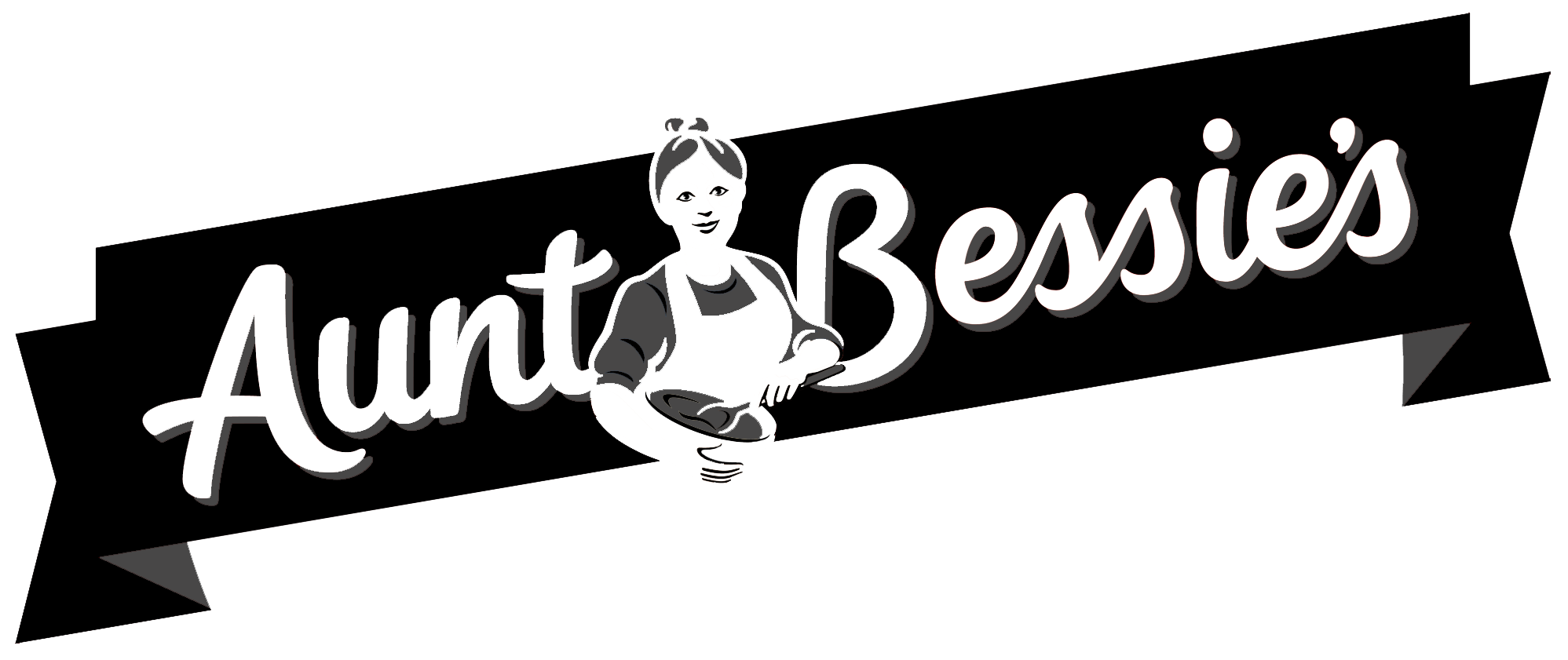Cas's Blog - Grandpa, you’re lovely, but do your own shopping from now on!
The protection form unlawful harassment under Section 26 of the Equality Act 2010, talks about ‘…unwanted conduct…related to a protected characteristic…that has the purpose or effect…’. Those words offer protection to individuals regardless of whether the harassment was intended, or inadvertent, and that must be right and proper as the omission of the word ‘effect’ would otherwise give the harasser an excuse for any unlawful treatment.
At KLC we are often asked to advise on whether certain behaviour might amount to unlawful harassment, and of course our advice depends on the context of the incident.
Generally, society (that’s all of us) sets the acceptable standards of behaviour. A democratically elected Government should represent the values of the electorate and set laws accordingly. Under our voting system, which although by no measure perfect, democracy is at work and the will of the people is given effect. Society gives nuance to our values and those precious laws by evolving our behaviour and language to reflect them. In this way, as our society becomes more sophisticated in its understanding of the human condition, we may avoid hurt and offence in our dealings with others, by developing language which is respectful of differences, and kind.
So, society has quite rightly agreed that the wording of the law on unlawful harassment is just how it should be. Why is it then (and I’m taking a leap here) that you probably wouldn’t be unkind to your 99 year old grandpa (or parent depending on your age) who you had accompanied on his weekly shop, (don’t be alarmed, in my story you’re bubbled with him for the avoidance of covid-secure doubt), when he had inadvertently caused offence by saying something un-pc to a check-out assistant? Why wouldn’t you brand him a racist/sexist/homophobe/transphobe (add and delete at will), and never speak to him again? I’m guessing, most likely, you would make an embarrassed apology on his behalf and then discuss with him why, what he had said was inappropriate - and good luck with that! Seriously, to be fair to grandpa, he will probably be horrified that he may have caused offence and promise that he’ll never do it again, and although his words are not acceptable in the world as it is today, his life experiences are completely different to yours.
So why might you be so forgiving? Well, apart from the fact that you love your grandpa, looking back to when he started work, the workplace was a very different place both with regard to employment rights and societal values, and let’s be clear, unfair discrimination was rife.
For example, back then, a man and a woman starting work in an organisation, doing exactly the same job were not paid the same salary. He was paid more, not because he had greater skill or experience, but because he was a man (‘the breadwinner’). And when it came to being promoted, well she stood very little chance of beating her male colleagues, even if she was extraordinarily better. Was there an ethnically diverse workforce in white collar jobs? Absolutely not. Were gay people ‘out’ at work? Well, ‘homosexuality’ was only decriminalised in England and Wales in 1967, and in Scotland and Northern Ireland 1980 and 1982 respectively, so you have your answer. Isn’t it shocking to look back!
I’m not suggesting that this in any way excuses grandpa’s choice of words. It patently doesn’t. Neither do I think for one moment that many elderly people don’t hold very enlightened views. If I did, that would be downright insulting and discriminatory! It’s just that given the then society’s acceptance of the lack of equality laws and diversity in the workplace when grandpa was at work, the lack of which codified the general views and values of that time, it’s not surprising that some of that may have stuck with him.
Coming full circle, I think the legislators were bang on their game when they drafted Section 26 of the Equality Act. And I think they scored the winning home run when they included Section 26(4), which makes clear that in deciding whether an individual has suffered unlawful harassment, account must be taken of the perception of the individual; the other circumstances of the case (e.g. the context, etc.); and given those circumstances and context, whether it’s reasonable for the conduct in question to have been unlawful harassment.
I think grandpa might agree with me.





